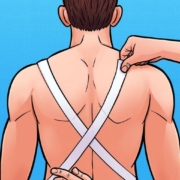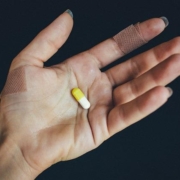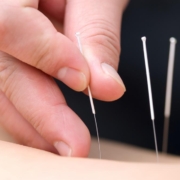From Setbacks to Success: Athletes Overcoming MSK Challenges
Musculoskeletal (MSK) health is crucial for everyone, especially athletes. Injuries and conditions affecting muscles, bones, tendons, ligaments, and nerves can sideline even the most dedicated individuals. This article explores common MSK challenges athletes face and provides actionable strategies for prevention and recovery, empowering you to stay active and achieve your athletic goals.
Preventing Common MSK Injuries
Warm-up and Cool-down:
Why it matters: Prepares your body for activity and helps prevent muscle strains and tears.
How to do it: Start with 5-10 minutes of light cardio, like jogging or jumping jacks. Follow with dynamic stretches, such as arm circles, leg swings, and torso twists.Cool down with static stretches, holding each for 20-30 seconds.
Proper Training Techniques:
Why it matters: Using correct form reduces stress on your joints and minimizes the risk of injury.
How to do it: Work with a qualified coach or trainer to learn proper techniques for your specific sport or activity. Focus on maintaining good posture and alignment during exercises. gradually increase the intensity and duration of your workouts to avoid overuse injuries.
Strength and Conditioning:
Why it matters: Strong muscles support your joints and protect them from injury.
How to do it: Incorporate exercises that target all major muscle groups,including your core,legs,back,and arms.Use a variety of exercises,such as weightlifting,bodyweight exercises,and resistance band training.
Rest and Recovery:
Why it matters: Allows your body to repair and rebuild after exercise.
How to do it: Get enough sleep (7-9 hours per night). Take rest days between workouts, especially after intense training sessions. Listen to your body and don’t push through pain.
Nutrition and Hydration:
Why it matters: Provides your body with the nutrients it needs to stay healthy and perform at its best.
How to do it: Eat a balanced diet rich in fruits, vegetables, whole grains, and lean protein. Stay hydrated by drinking plenty of water throughout the day, especially before, during, and after exercise.
Choosing the Right Gear:
Why it matters: Proper footwear and equipment can help prevent injuries.
How to do it: Wear shoes that fit well and provide adequate support for your activity. Use appropriate protective gear, such as helmets, pads, and braces, when necessary.
Listen to Your Body:
Why it matters: Pain is a warning sign that something is wrong.
How to do it: Don’t ignore pain. Rest and ice the injured area. If the pain persists, see a doctor or physical therapist.
Overcoming MSK Challenges: Stories of Resilience
Many athletes have faced and overcome notable MSK challenges.these stories of resilience highlight the importance of perseverance, proper medical care, and a positive mindset. Professional athletes frequently enough work with dedicated teams of healthcare professionals, including physical therapists, athletic trainers, and orthopedic surgeons, to recover from injuries and return to competition. Their journeys serve as inspiration for us all.
Returning to Activity After Injury
Gradual Progression: start slowly and gradually increase the intensity and duration of your activity.
Follow Medical Advice: Adhere to your doctor or physical therapist’s recommendations.
Listen to Your Body: Pay attention to any pain or discomfort and adjust your activity accordingly.
Modify Activities: Consider modifying your activities to reduce stress on the injured area.
Summary and Additional Resources
Preventing MSK injuries requires a proactive approach that includes proper warm-up,cool-down,training techniques,strength and conditioning,rest,nutrition,hydration,and appropriate gear. Listening to your body and seeking medical attention when needed are also crucial. Overcoming MSK challenges is possible with the right approach and mindset.
For further facts on MSK health and injury prevention, visit the following resources:
american Academy of Orthopaedic Surgeons (AAOS)
National Institute of Arthritis and Musculoskeletal and Skin Diseases (NIAMS)
* American Physical Therapy Association (APTA)
Remember, taking care of your MSK health is an investment in your overall well-being and athletic success.









